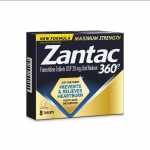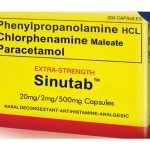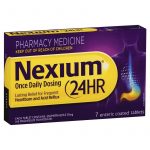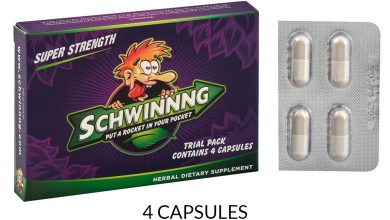Why Was Zantac Taken Off The Market?
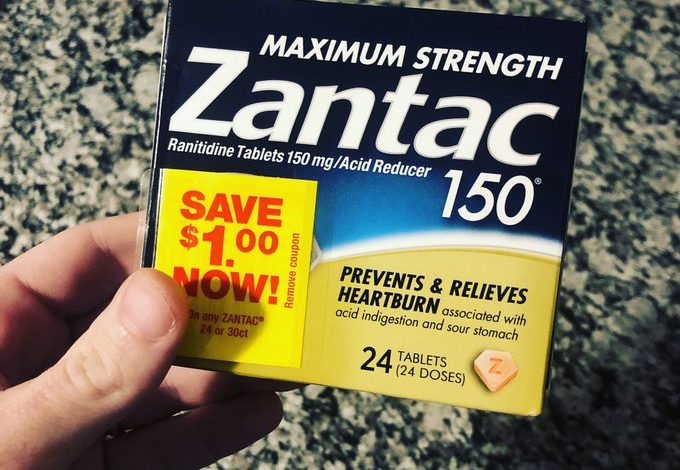
What is Zantac?
Zantac is a brand of ranitidine a medication that belongs to a group of drugs called histamine-2 blockers. It works by reducing the amount of acid your stomach produces.
Zantac has been used to treat and prevent ulcers in the stomach and intestines. It also was used to treat conditions in which the stomach produces too much acid, such as Zollinger-Ellison syndrome.
Zantac was also used to treat gastroesophageal reflux disease (GERD) and other conditions in which acid backs up from the stomach into the esophagus, causing heartburn.
What happened to Zantac?
In April 2020, Zantac was taken off the market because a cancer-causing impurity known as N-Nitrosodimethylamine (NDMA) was found in it. The U.S. Food and Drug Administration ordered all manufacturers to withdraw all prescription and over-the-counter (OTC) ranitidine drugs from the market immediately. The action was related to an ongoing investigation on the contaminant in ranitidine.
The agency determined that the impurity in some ranitidine products increases over time and when stored at higher than room temperatures and may result in consumer exposure to unacceptable levels of this impurity. As a result of the immediate market withdrawal request, ranitidine products will not be available for new or existing prescriptions or OTC use in the U.S.
NDMA is a probable human carcinogen (a substance that could cause cancer). In the summer of 2019, the FDA became aware of independent laboratory testing that found NDMA in ranitidine. Low levels of NDMA are commonly ingested in the diet, for example, NDMA is present in foods and in water. These low levels would not be expected to lead to an increase in the risk of cancer. However, sustained higher levels of exposure may increase the risk of cancer in humans. The FDA conducted thorough laboratory tests and found NDMA in ranitidine at low levels. At the time, the agency did not have enough scientific evidence to recommend whether individuals should continue or stop taking ranitidine medicines, and continued its investigation and warned the public in September 2019 of the potential risks and to consider alternative OTC and prescription treatments.
New FDA testing and evaluation prompted by information from third-party laboratories confirmed that NDMA levels increase in ranitidine even under normal storage conditions, and NDMA has been found to increase significantly in samples stored at higher temperatures, including temperatures the product may be exposed to during distribution and handling by consumers. The testing also showed that the older a ranitidine product is, or the longer the length of time since it was manufactured, the greater the level of NDMA. These conditions may raise the level of NDMA in the ranitidine product above the acceptable daily intake limit.
The FDA encourages health care professionals and patients to report adverse reactions or quality problems with any human drugs to the agency’s MedWatch Adverse Event Reporting program:
- Complete and submit the report online at www.fda.gov/medwatch/report.htm; or
- Download and complete the form, then submit it via fax at 1-800-FDA-0178.
The FDA, an agency within the U.S. Department of Health and Human Services, protects public health by assuring the safety, effectiveness, and security of human and veterinary drugs, vaccines, and other biological products for human use, and medical devices. The agency also is responsible for the safety and security of the nation’s food supply, cosmetics, dietary supplements, products that give off electronic radiation, and regulating tobacco products

